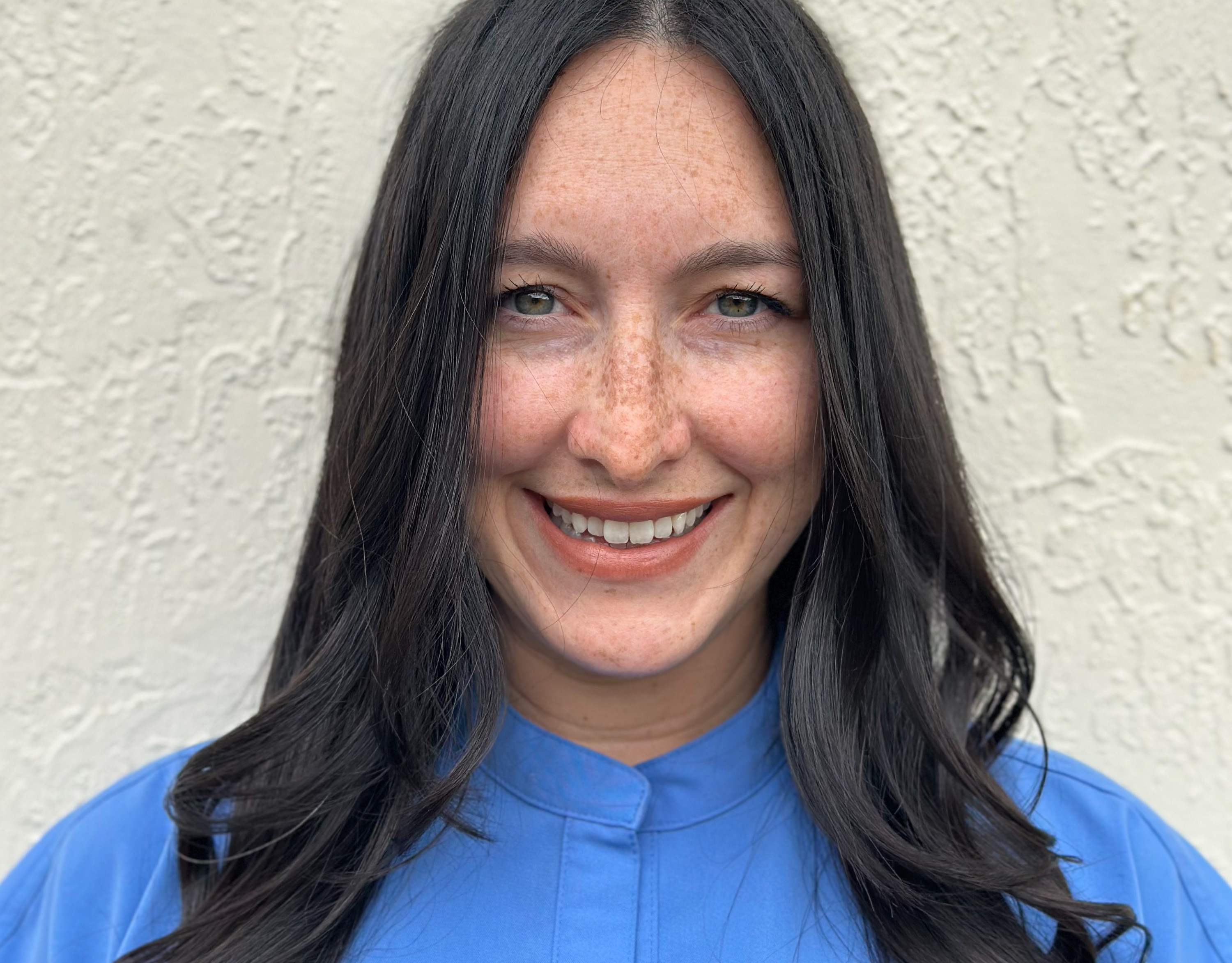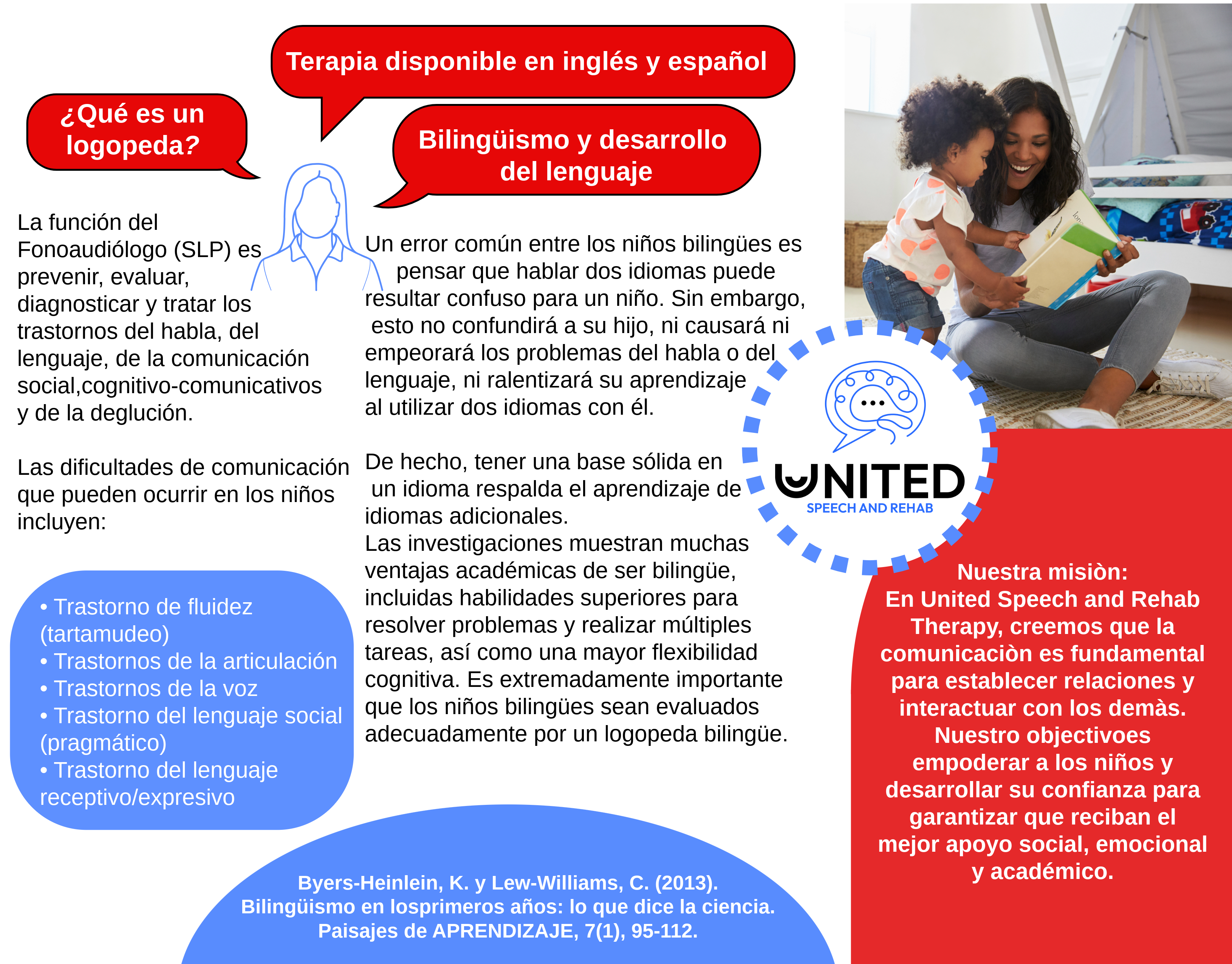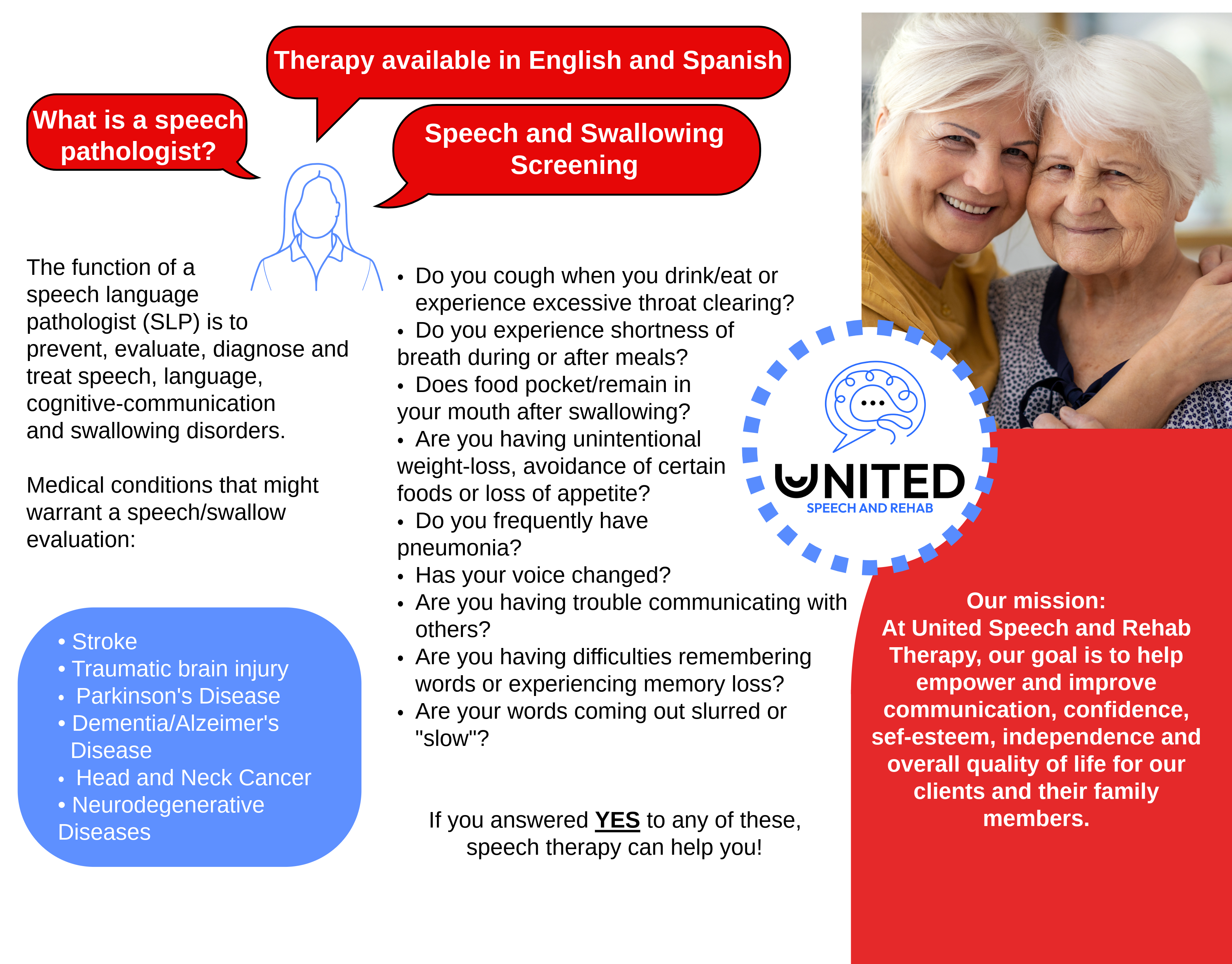
Meet the SLP/Conozca al SLP
2024

Therapy for Children/Terapia para Niños
2024

Therapy for Adults/Terapia para Adultos
2024